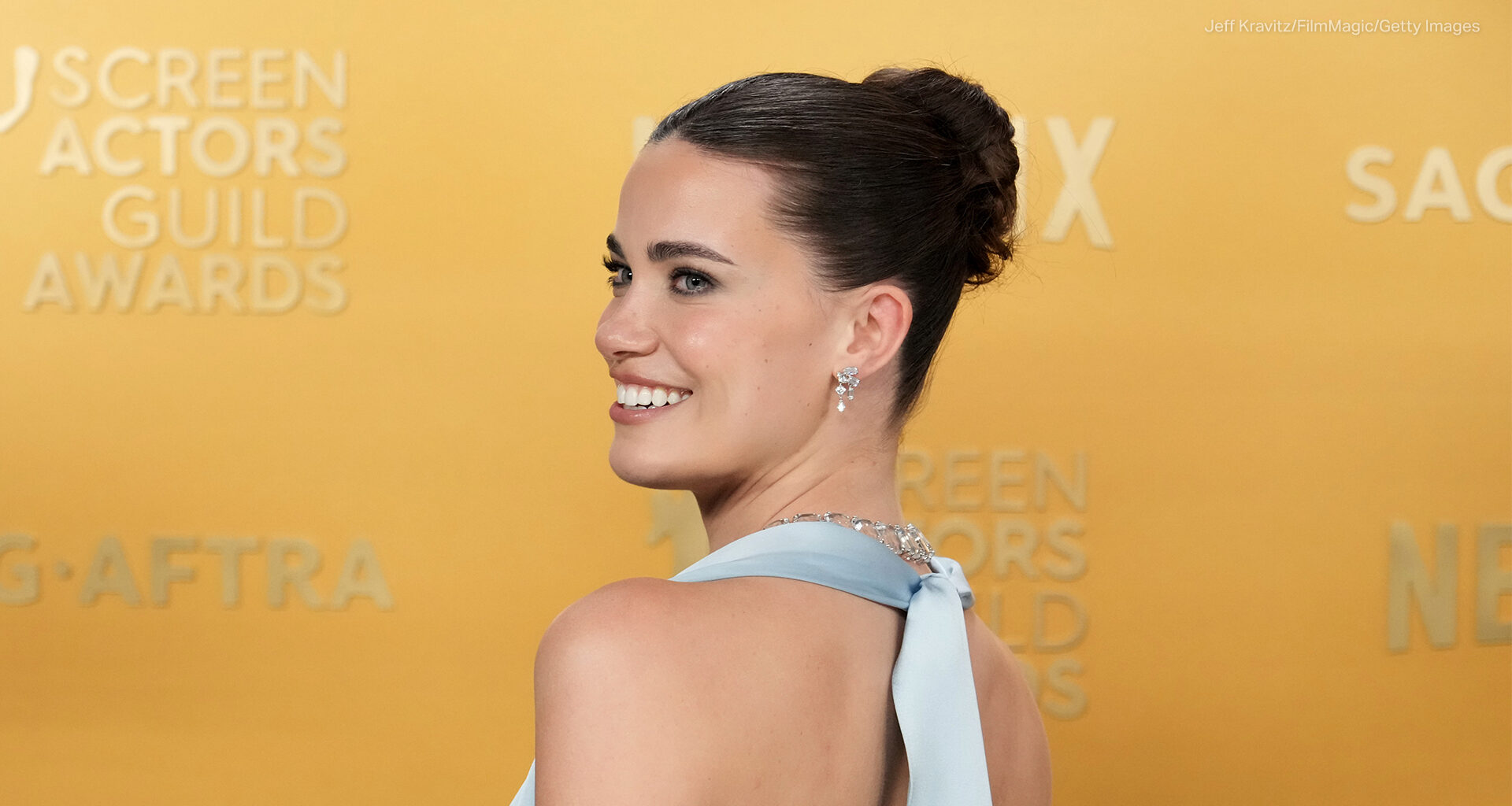Actress Genevieve Chenneour is speaking out after a violent robbery attempt in London. The “Bridgerton” actress says the February incident triggered lasting anxiety and agoraphobia.
Chenneour was at Joe & the Juice in West London, meeting her ex-boyfriend, when a man snatched her phone. She told “This Morning” hosts Cat Deeley and Ben Shephard in June that it was instinct to react quickly.
“They were going back and forth trying to find a target, and they chose me,” she said.
Chenneour tried to grab her phone back, not realizing how long the confrontation would last. At that moment, she thought it lasted about 20 seconds. In reality, the altercation lasted nearly five minutes and escalated into a multi-person brawl.

Download the SAN app today to stay up-to-date with Unbiased. Straight Facts™.
Point phone camera here
“It went around the corner, and it turned into a full-on scrap with two people,” she said. “I was threatened with being stabbed.”
Blackout and aftermath
During the struggle, something struck Chenneour in the head, causing a brief blackout.
“It went black. I don’t know what hit me, but something hit me,” she told the BBC in a Tuesday, Aug. 5, article. “Then it carried on, and I ended up on his back with my arm around his neck.”
She says she regained awareness just as someone shouted that police had arrived.
The trauma left Chenneour with a concussion and lingering psychological damage, including agoraphobia, an anxiety disorder marked by intense fear of being in situations where escape might be difficult.
“I didn’t want to leave the house. And then if I did leave the house, I wanted to be with someone,” she explained. “But I felt like a burden. That’s a really dark downward spiral that you can find yourself in.”
One attacker sentenced
In July, police arrested 18-year-old Zacariah Boulares in connection with the attack. He is now serving a 22-month sentence, according to The London Times.
Boulares has a lengthy criminal record. Since the age of 12, he has been convicted of 32 offenses — including two assaults on police officers.
A second suspect remains unidentified, which Chenneour says has left a lasting psychological impact.
Living with trauma
Following the attack, Chenneour says she now has concerns for her safety living in West London.
“I no longer feel safe calling West London home as a single woman,” she told the BBC. She now stays in hotels when returning to the city for work and no longer uses public transportation. She’s also exploring therapy options to help her manage the mental toll.
Chenneour praised both the café staff and responding officers for their immediate help. However, she criticized the lack of long-term support from the Metropolitan Police.
Agoraphobia among public figures
Agoraphobia has impacted many public figures, including Zac Efron, Prince Harry and tennis star Naomi Osaka. The Cleveland Clinic defines the disorder as a fear of situations that may feel overwhelming or hard to escape.
According to the National Institute of Mental Health, an estimated 1.3% of U.S. adults experience it at some time in their lives.
Kim Kardashian has spoken out about possibly having the disorder following her Paris robbery.
“Definitely would stay in, hated to go out,” she said in a clip of “Keeping Up With The Kardashians” in 2021. “I didn’t want anyone to know where I was or be seen… I just had such anxiety.”
In his memoir, “Spare,” Prince Harry details how “impossible” the disorder was given his public role. According to an excerpt obtained by NBC News, Prince Harry recalls “one speech, which couldn’t be avoided or canceled, and during which I’d nearly fainted.”
Actor Zac Efron hasn’t spoken out much about the disorder, but told Men’s Health in 2022, “I just don’t go out,” adding that large groups of people trigger his agoraphobia.
Members within the BuzzFeed community have also spoken out about their agoraphobia.
“My agoraphobia manifests in situations where I feel I can’t escape,” one user told the outlet in 2024. “The subway stopping between stations, airplanes – a fear of not being able to escape the plane, traffic — if it’s not moving, and elevators. I didn’t have agoraphobia prior to five years ago.”
Clinical psychologist Gregory Jantz tells Healthline there may have been an increase in agoraphobia following the pandemic.
“We did lockdowns, etc., and individuals who were already struggling with anxiety or depression may be a little more prone to developing agoraphobia,” Jantz said.
Agoraphobia can look different in everyone, but can lead to panic attacks, difficulty concentrating and avoidance. Chenneour’s story adds another voice to the conversation around trauma, anxiety and the recovery around it.
Mathew Grisham (Digital Producer)
contributed to this report.

